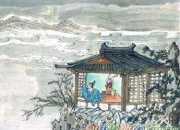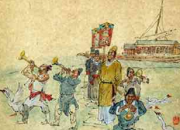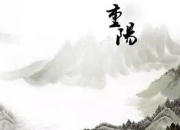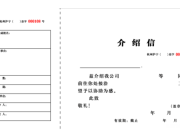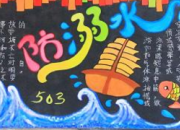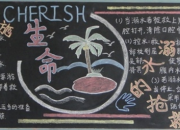适者生存英语作文
时间:2021-08-31适者生存
There is no exception to the rule that every organic being naturally increases at so high a rate, that, if not destroyed, the earth would soon be covered by the progeny of a single pair. Even slow-breeding man has doubled in twenty-five years, and at this rate, in less than a thousand years, there would literally not be standing room for his progeny.
The elephant is reckoned the slowest breeder of all known animals, and I have taken some pains to estimate its probable minimum rate of natural increase; it will be safest to assume that it begins breeding when thirty years old, and goes on breeding till ninety years old, bringing forth six young in the interval, and surviving till one hundred years old; if this be so, after a period of from 740 to 750 years there would be nearly nineteen million elephants alive descended from the first pair.
Can we doubt that individuals having any advantage, however slight, over others, would have the best chance of surviving and of procreating their kind? On the other hand, we may feel sure that any variation in the least degree injurious would be rigidly destroyed. This preservation of favorable variations and the rejection of injurious variations, I call Natural Selection.
【参考译文】
自然界中每一种有机物都以如此高的速率自然增长,如果没有被破坏,地球很快就会被一对夫妇的后代所覆盖。即使是缓慢的繁殖者在二十五年内也翻了一番,以这种速度,在不到一千年的时间里,他的后代就没有立足之地了。
大象估计所有已知的动物的繁殖速度最慢,我采取了一些痛苦,估计其最低的可能自然增长率;这将是安全的假设,它开始繁殖时三十岁,继续饲养到九十岁,带来了六年轻的间隔,并存活到一百岁;如果是这样,经过一段时间的740至750年将有近一千九百万头大象活着是第一对。
我们可以怀疑的人有优势,但是轻微的,别人,会有最好的机会生存和繁衍的吗?另一方面,我们可以确信,任何程度的伤害都会被严格摧毁。这种保留有利的变化和拒绝有害的变化,我称之为自然选择。





